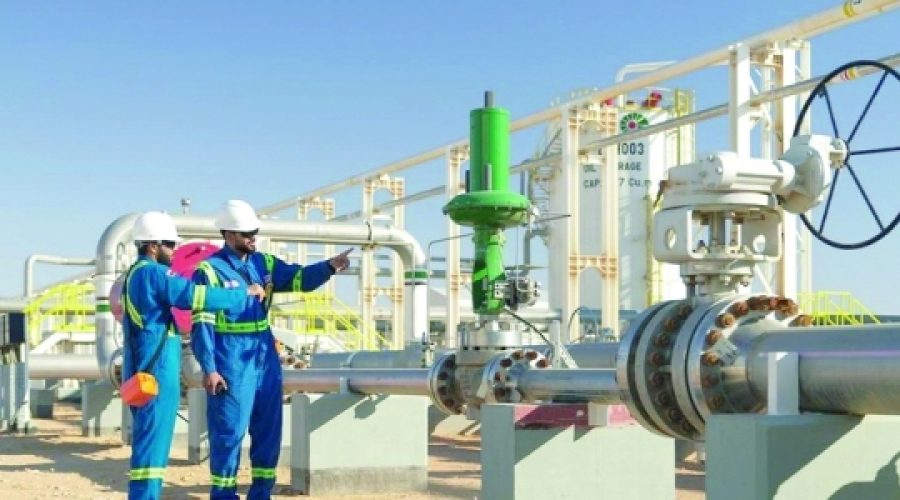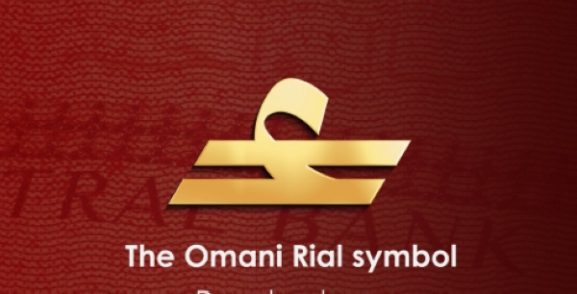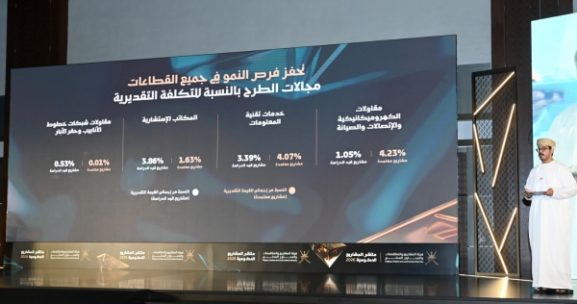شركة OQGN تُشغّل شبكة أنابيب ثاني أكسيد الكربون في عُمان: ما يعنيه هذا للمستثمرين ونمو الأعمال في عُمان
مسقط، ٢٨ أغسطس - أعلنت شركة OQ Gas Networks (OQGN)، الشركة المشغلة لشبكة نقل الغاز الوطنية في سلطنة عُمان، عن خططها لتطوير شبكة أنابيب لنقل ثاني أكسيد الكربون، بهدف دعم جهود إزالة الكربون من الشركات الرائدة في تطبيق تقنية احتجاز الكربون واستخدامه وتخزينه (CCUS). وتُعد هذه المبادرة خطوةً حاسمةً نحو تحقيق أهداف عُمان نحو تحقيق صافي انبعاثات صفري.
كشفت شركة OQGN، وهي شركة مدرجة في البورصة تابعة لمجموعة OQ للطاقة، عن هذه الخطط خلال مؤتمر عبر الهاتف عقد مؤخرًا لمراجعة أدائها المالي والتشغيلي للنصف الأول من عام 2025.
في عرض تقديمي للشركة، أوضح المسؤولون: "تعمل OQGN على تصميم شبكة أنابيب لنقل ثاني أكسيد الكربون لتلبية احتياجات الشركات الرائدة. ونتعاون مع شركاء رئيسيين لتعزيز فرص التقاط الكربون وتخزينه في الشمال. وتستهدف مرحلة التطوير الأولية إمكانية التقاط انبعاثات ثاني أكسيد الكربون من محطة توليد الطاقة."
علاوةً على ذلك، تتعاون OQGN مع شركة أوكسيدنتال عُمان (أوكسي) لإنشاء سلسلة قيمة متكاملة لالتقاط الكربون وتخزينه (CCUS) تُلبّي متطلبات أوكسي لاستخلاص النفط المُعزّز بثاني أكسيد الكربون (EOR). ويشمل ذلك تطوير الإطار التجاري والبنية التحتية لخط أنابيب لنقل ثاني أكسيد الكربون. وتخطط أوكسي لحقن ثاني أكسيد الكربون المُلتقط في الخزانات لتعزيز استخلاص النفط الخام، مع تخزينه في الوقت نفسه تحت الأرض.
أوضح مسؤول في OQGN قائلاً: "ينصب تركيزنا الحالي على فرصة في شمال عُمان تدعم مشروع أوكسي لاستخلاص النفط المعزز. تتضمن الخطة إنشاء نظام آمن وفعال لنقل ثاني أكسيد الكربون من مصادر الانبعاثات في صحار وعبري إلى منطقة شمالية تديرها أوكسي لأغراض استخلاص النفط المعزز. ويتقدم كلا الفريقين، بدعم من صانعي السياسات، نحو دراسة جدوى أو تحقيق مفهوم المشروع."
من بين المستخدمين الأوائل المحتملين لخط أنابيب ثاني أكسيد الكربون مطورو مشاريع الهيدروجين الأزرق والأمونيا الزرقاء، التي تُنتج هذه الأنواع من الوقود من الغاز الطبيعي مع احتجاز ثاني أكسيد الكربون الناتج للتخزين أو الاستخدام. ومن المتوقع أيضًا أن تشارك شركات الطاقة والصناعة والبتروكيماويات - مثل مصافي النفط ومحطات الطاقة ومصانع الصلب والأسمنت - في احتجاز انبعاثات ثاني أكسيد الكربون كجزء من استراتيجياتها لاحتجاز الكربون واستخدامه وتخزينه.
سلط المسؤولون الضوء على دور شبكة OQGN في دعم أجندة الحكومة العمانية الوطنية لإزالة الكربون. وتتعاون الشبكة تحديدًا مع وزارة الطاقة والمعادن في وضع إطار تنظيمي وسياسي وطني لالتقاط الكربون واستخدامه وتخزينه. وتقود OQGN مسار عمل نقل ثاني أكسيد الكربون، بينما تركز الجهات المعنية الرئيسية الأخرى على احتجاز ثاني أكسيد الكربون (أوكسي)، وتخزين ثاني أكسيد الكربون (شركة تنمية نفط عُمان)، والمنتجات الزرقاء والوقود الصناعي (شل).
تم تقييم الخطط الرئيسية الأولية لشبكة خط أنابيب ثاني أكسيد الكربون، وتم تعيين شركة OQGN رسميًا كشركة لنقل ثاني أكسيد الكربون في سلطنة عمان، وهي المسؤولة عن امتلاك وتشغيل وصيانة البنية التحتية لنقل ثاني أكسيد الكربون في البلاد.
على صعيدٍ منفصل، تُطوّر شركة OQGN خطةً رئيسيةً لشبكة أنابيب هيدروجين مُصمّمة لخدمة مشاريع الهيدروجين الأخضر الحالية والمستقبلية. تهدف هذه الشبكة إلى تحسين وفورات الحجم وكفاءة استخدام حق المرور لخفض تكاليف النقل.
بالإضافة إلى ذلك، تشارك OQGN في دراسة جدوى تقودها شركة هيدروم، منسق صناعة الهيدروجين الأخضر في سلطنة عمان، لمعالجة الاعتبارات الفنية والتجارية والقانونية والمالية.
شركة OQGN هي شركة معترف بها رسميًا باعتبارها ناقل ثاني أكسيد الكربون في سلطنة عمان، وهي مسؤولة عن ملكية وتشغيل وصيانة شبكة نقل ثاني أكسيد الكربون الوطنية.
تحليل خاص من عمانت | تصفح سوق عُمان
مبادرة OQ Gas Networks لتطوير شبكة خطوط أنابيب وطنية لثاني أكسيد الكربون تضع عُمان في طليعة إزالة الكربون من خلال التقاط الكربون وتخزينه، مما يفتح فرص استثمارية جديدة في مجال الطاقة النظيفة وتعزيز استخلاص النفط (EOR).ينبغي للشركات العاملة في قطاعات الطاقة والبتروكيماويات والصناعة استكشاف الشراكات الاستراتيجية في هذه البنية التحتية للاستفادة من فوائد التبني المبكر والأطر التنظيمية المدعومة من الحكومةبالنسبة لرجال الأعمال والمستثمرين، فإن شبكات نقل ثاني أكسيد الكربون والهيدروجين المتطورة تقدم بوابات ذات إمكانات عالية للابتكار وتقنيات خفض الانبعاثات والإدارة المستدامة للموارد في انتقال عُمان إلى صافي صفر.



